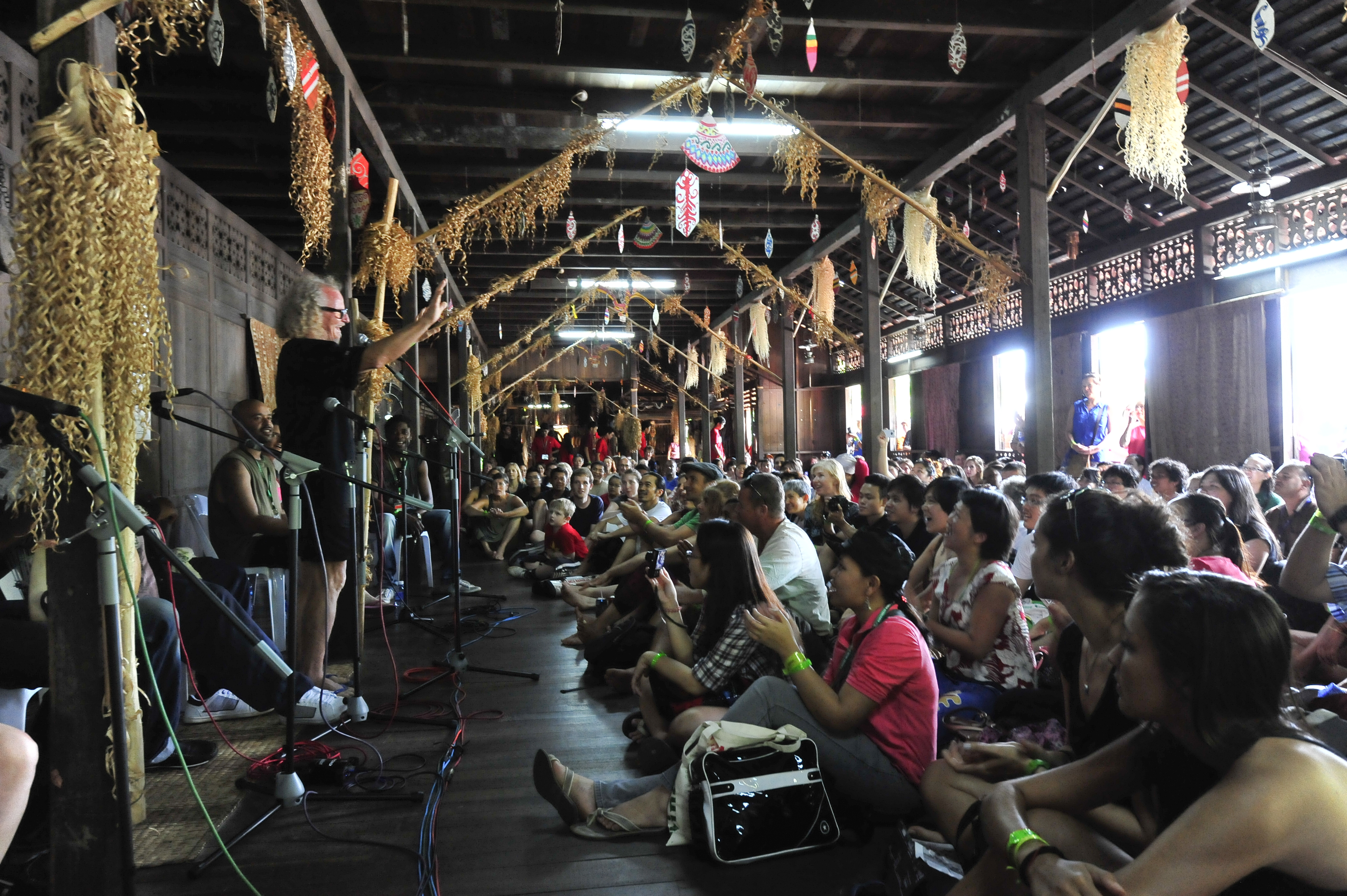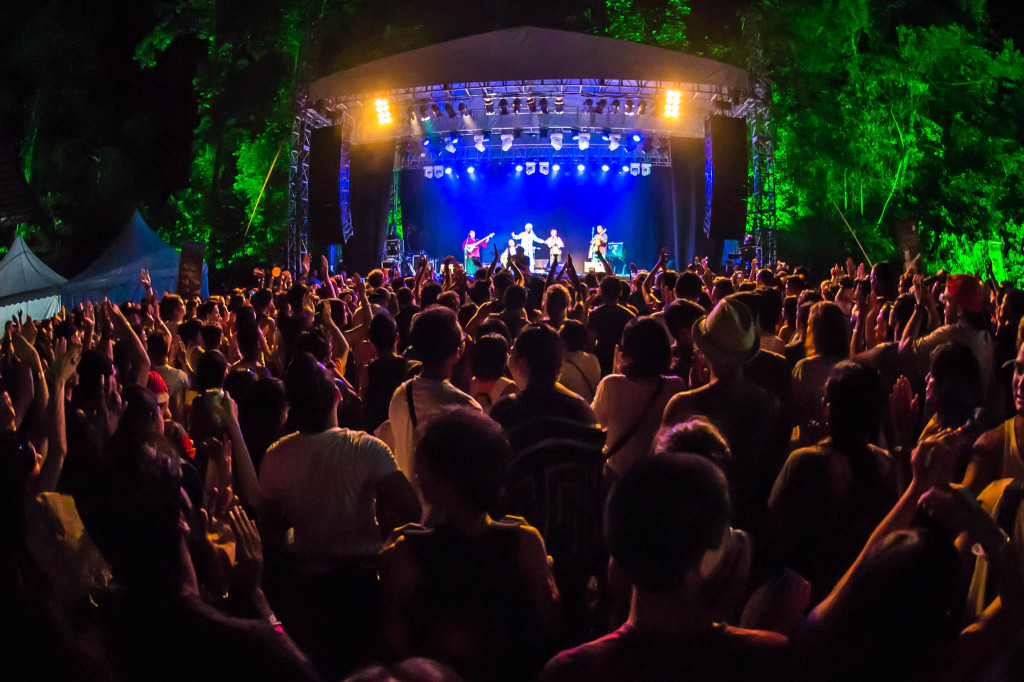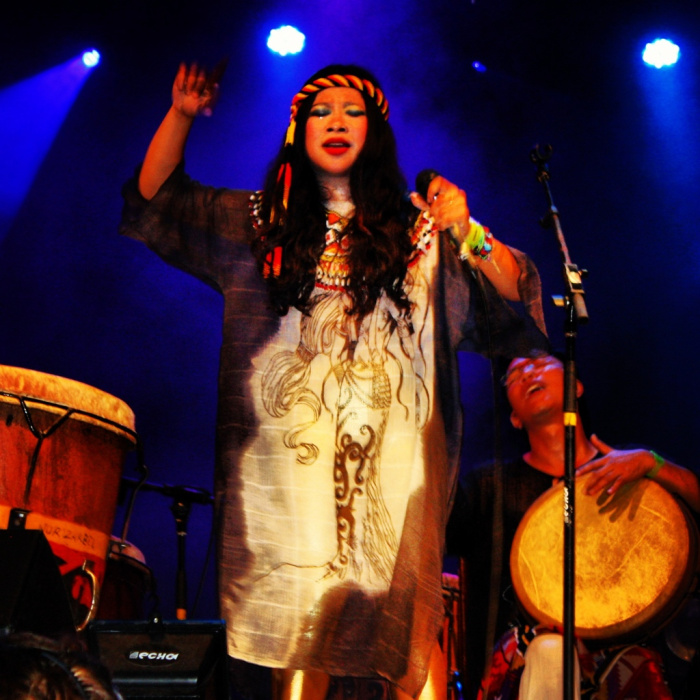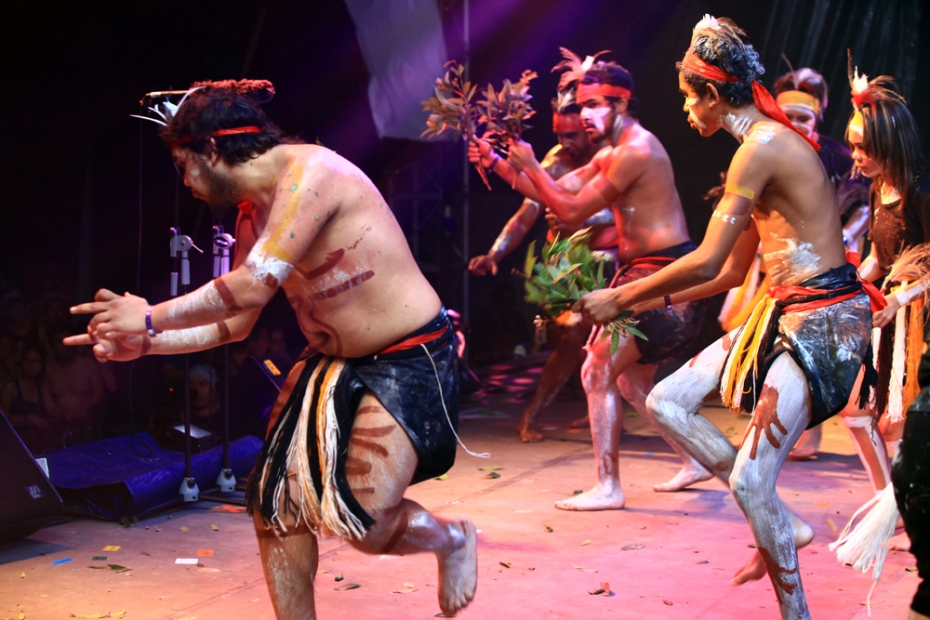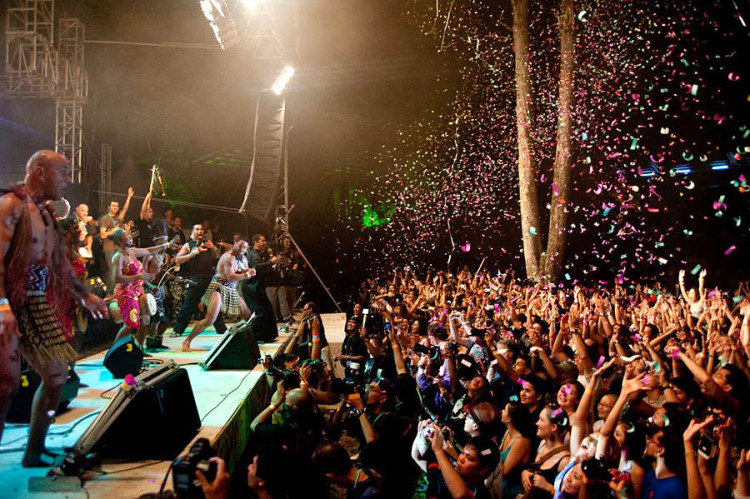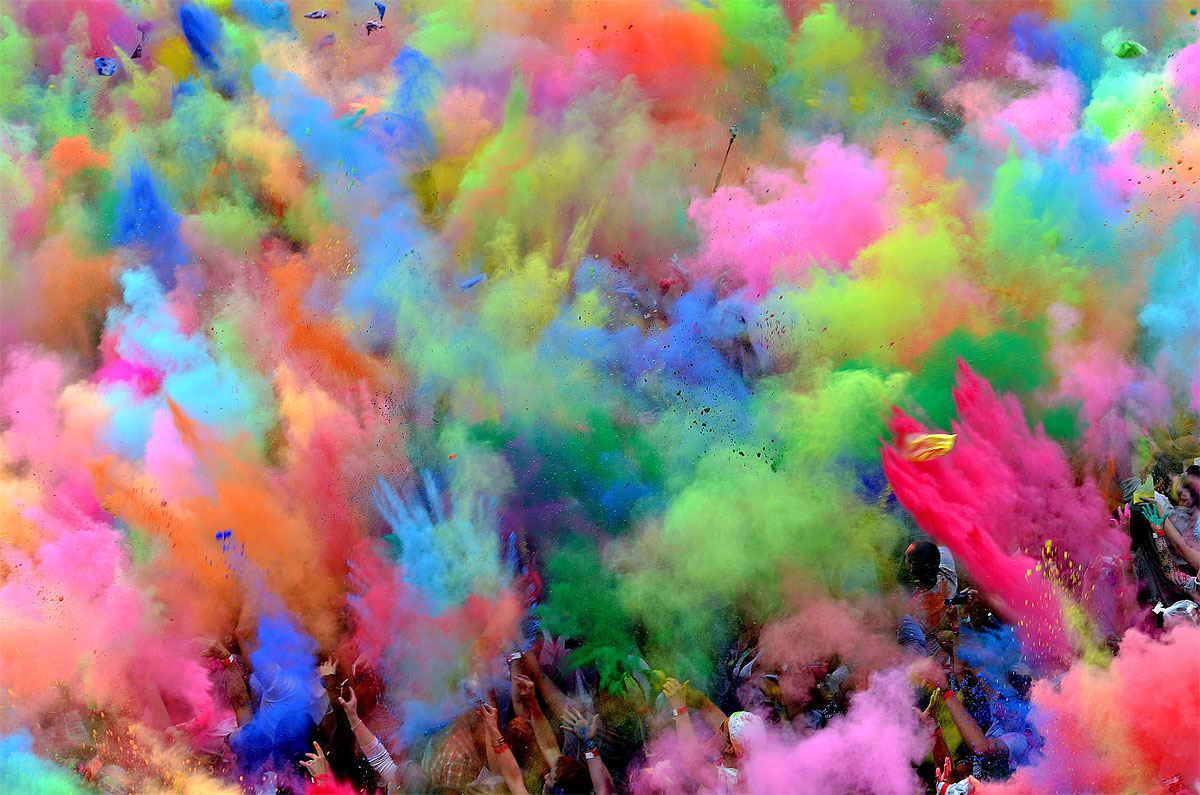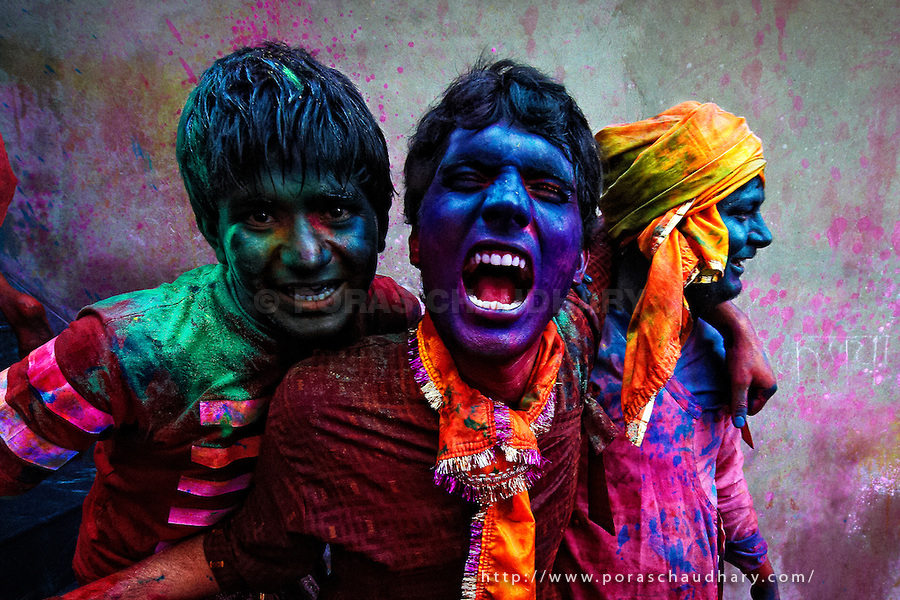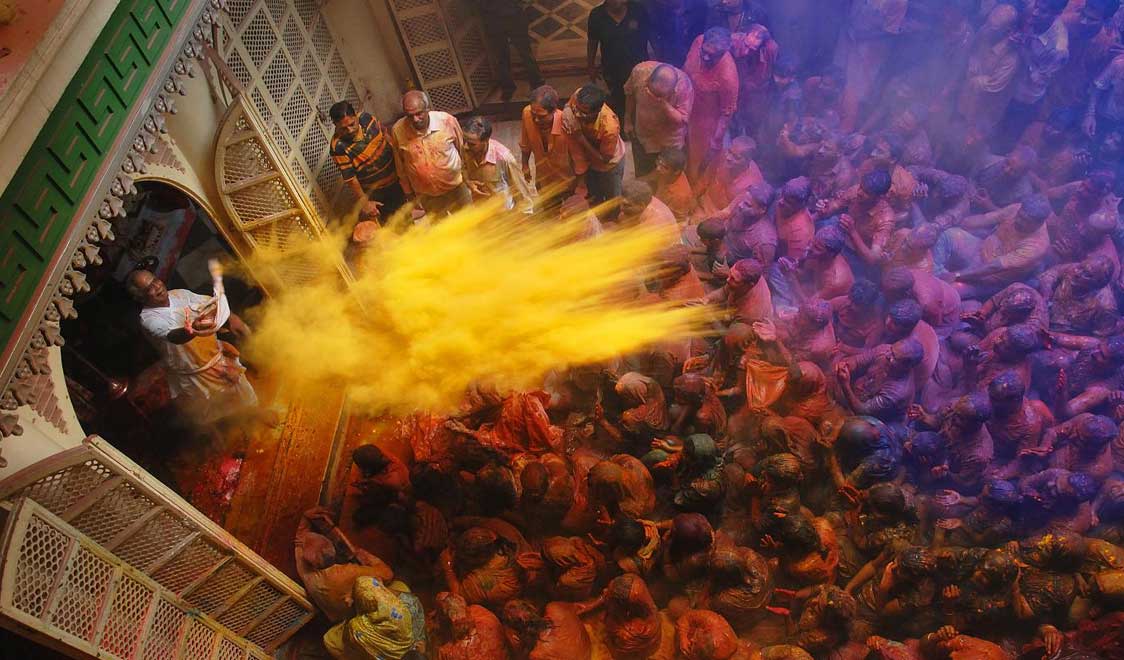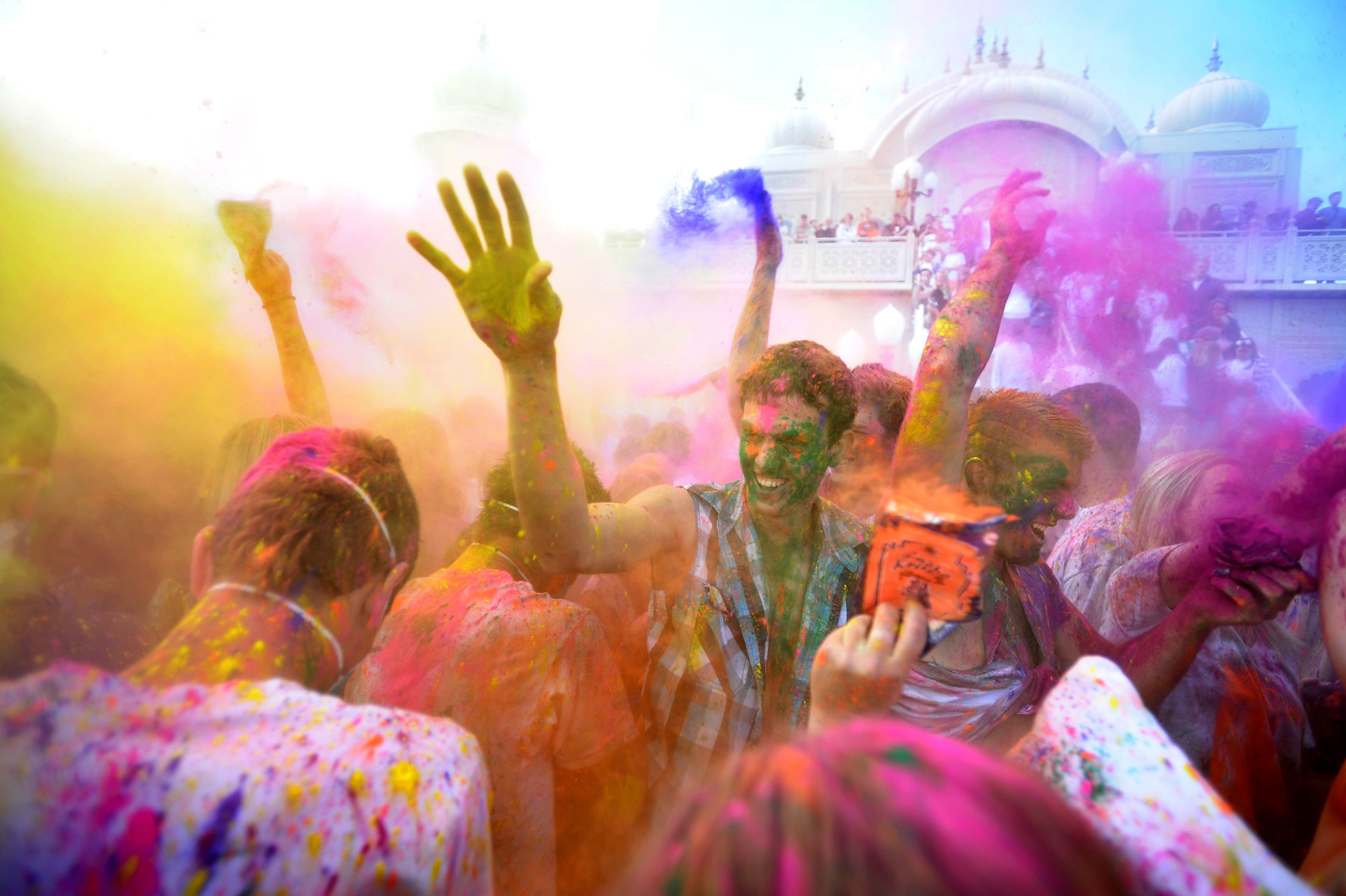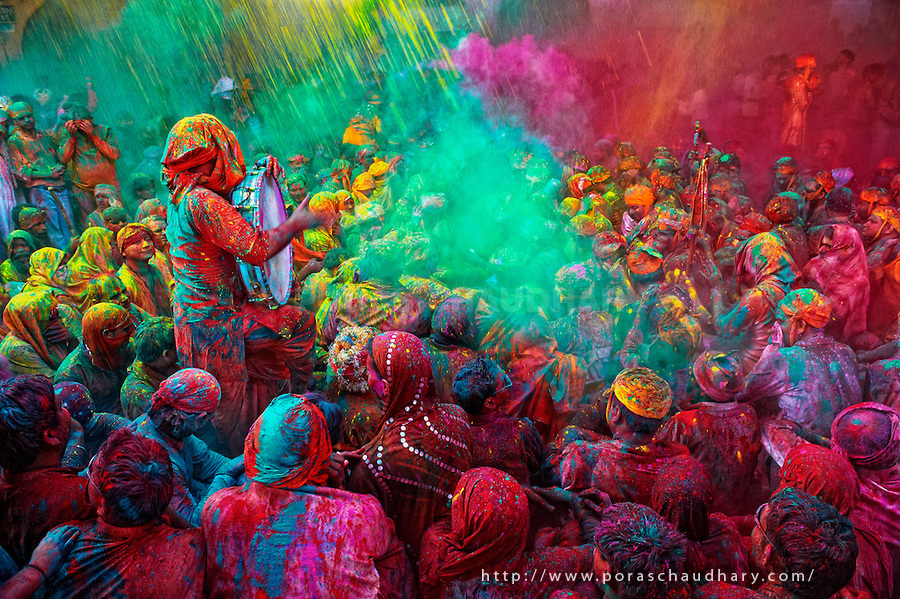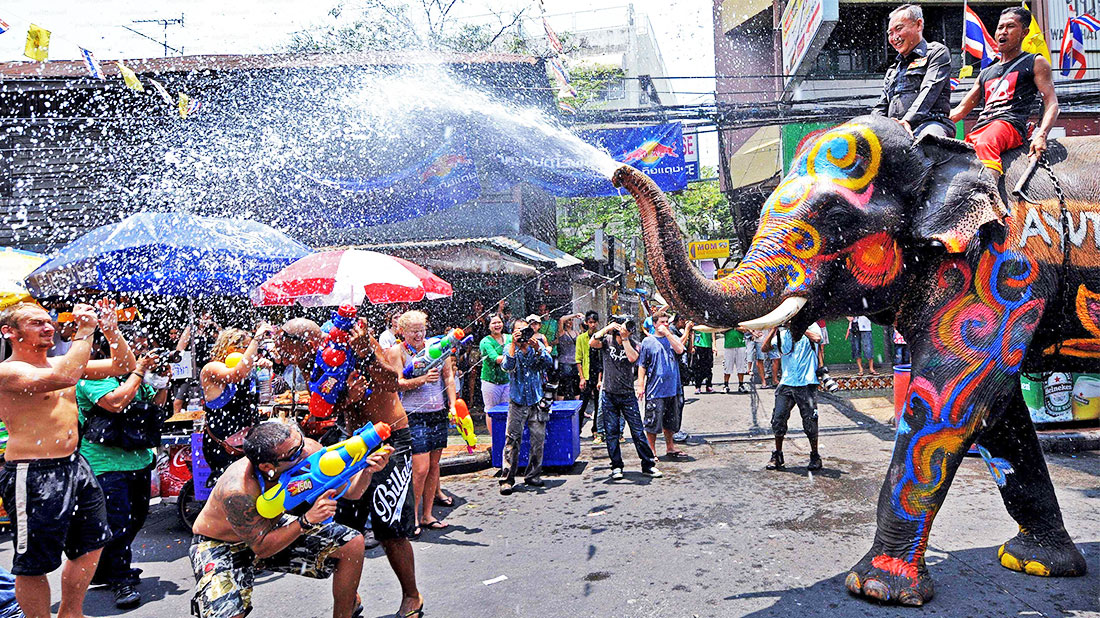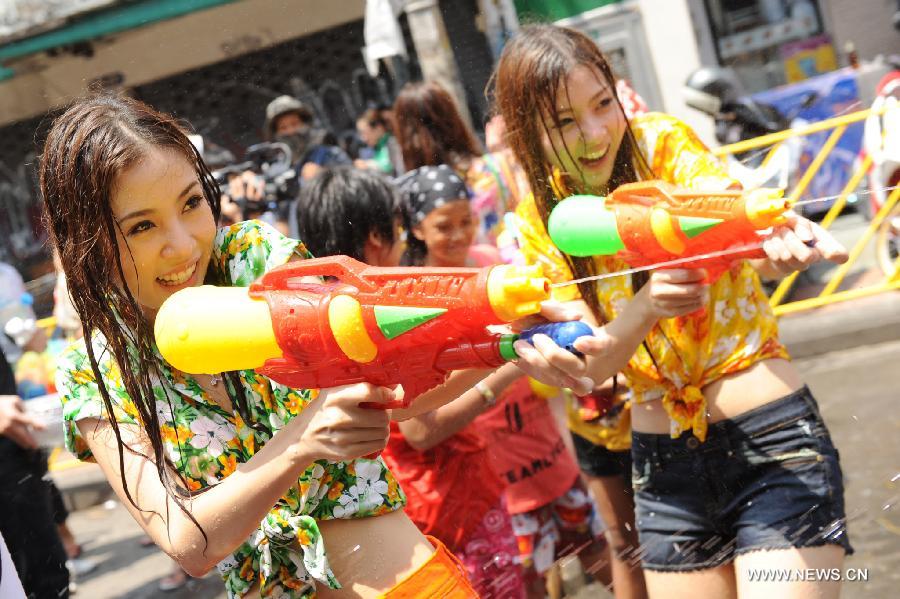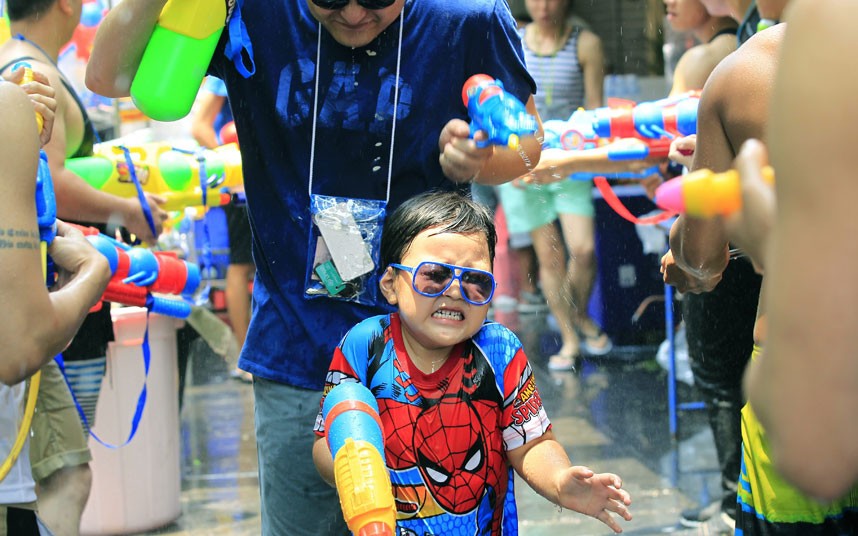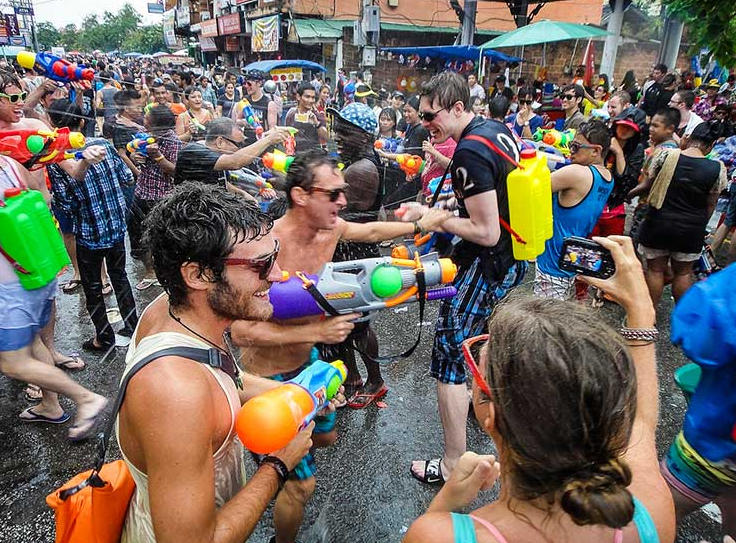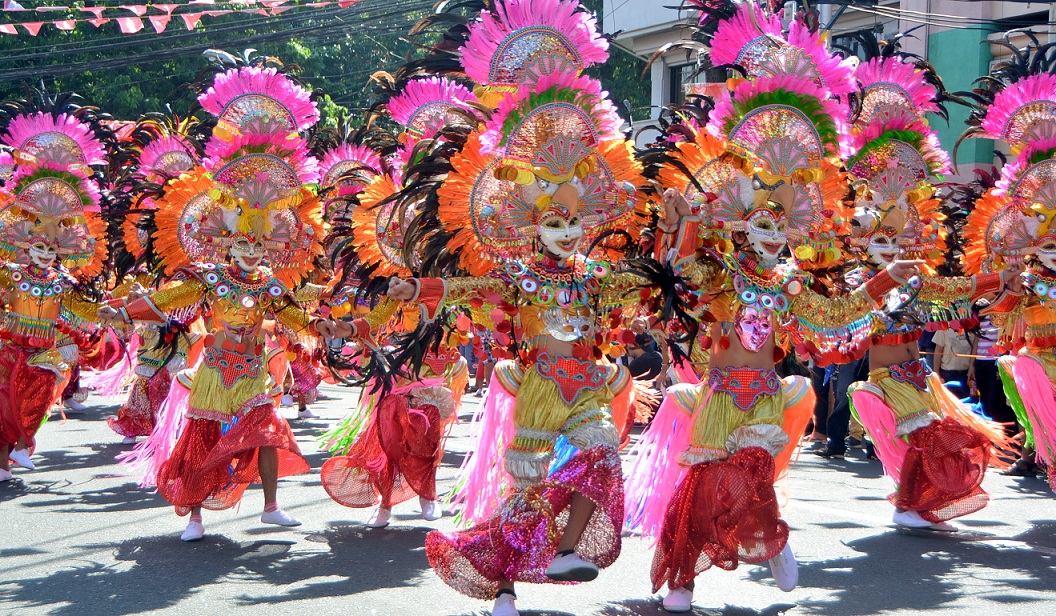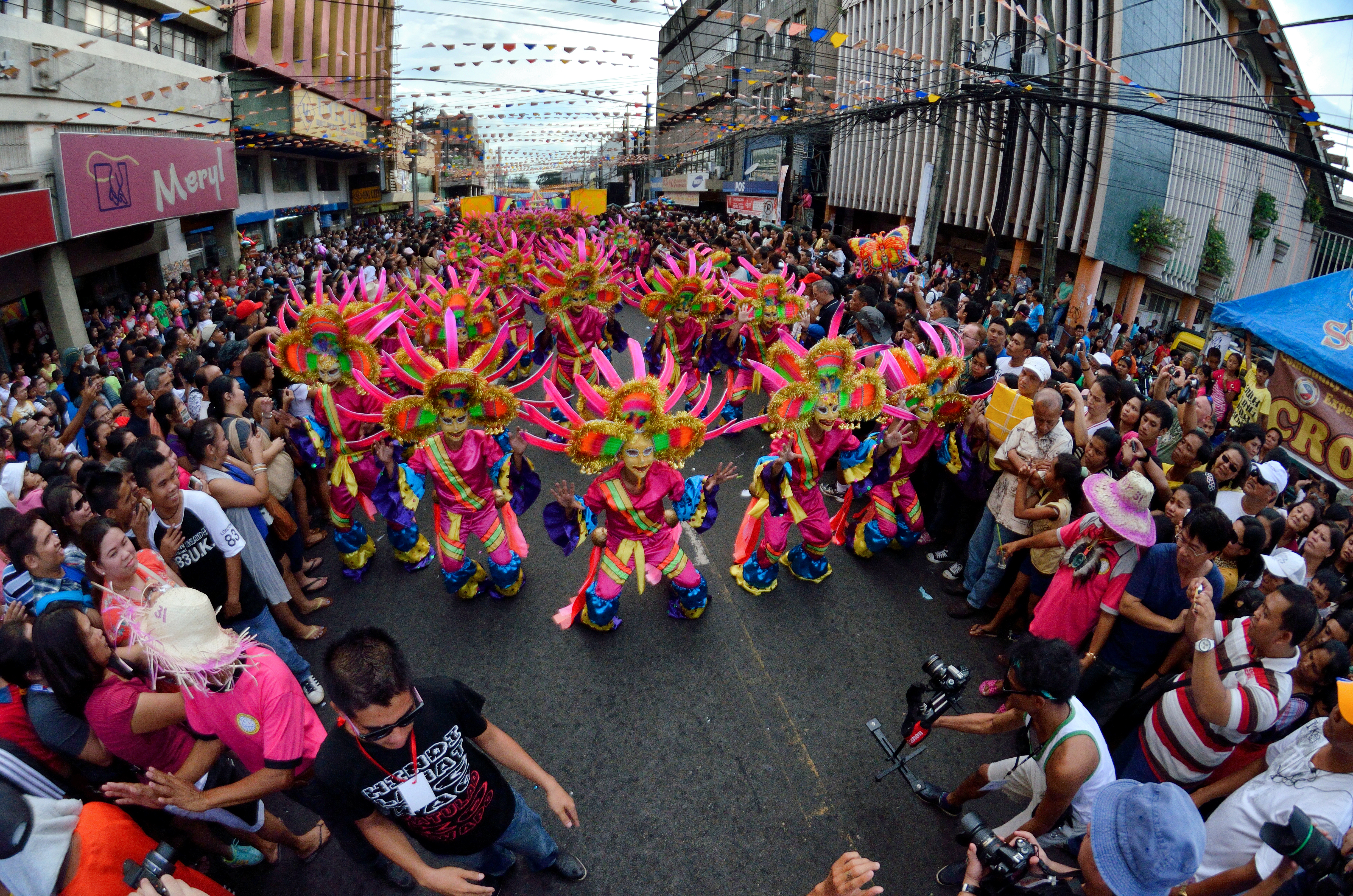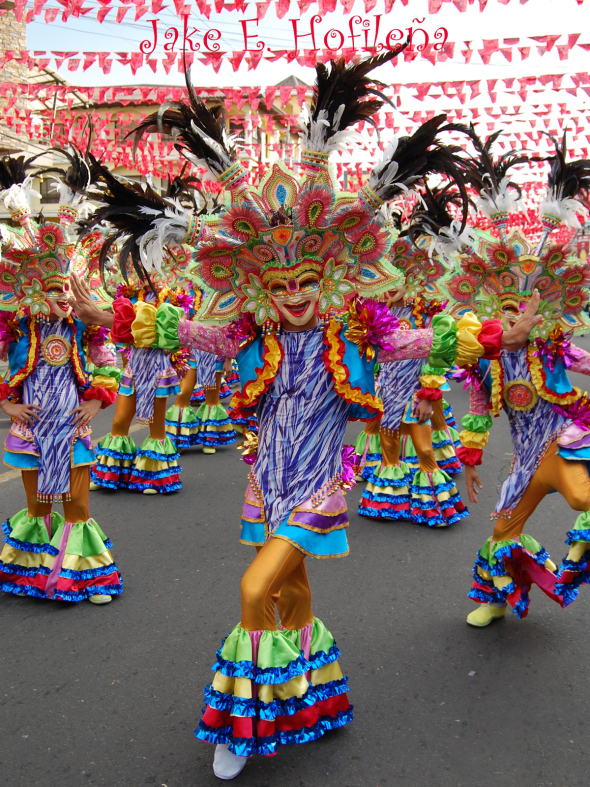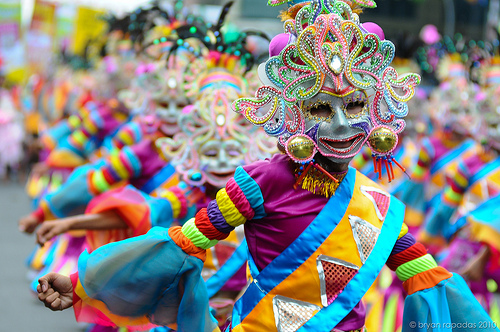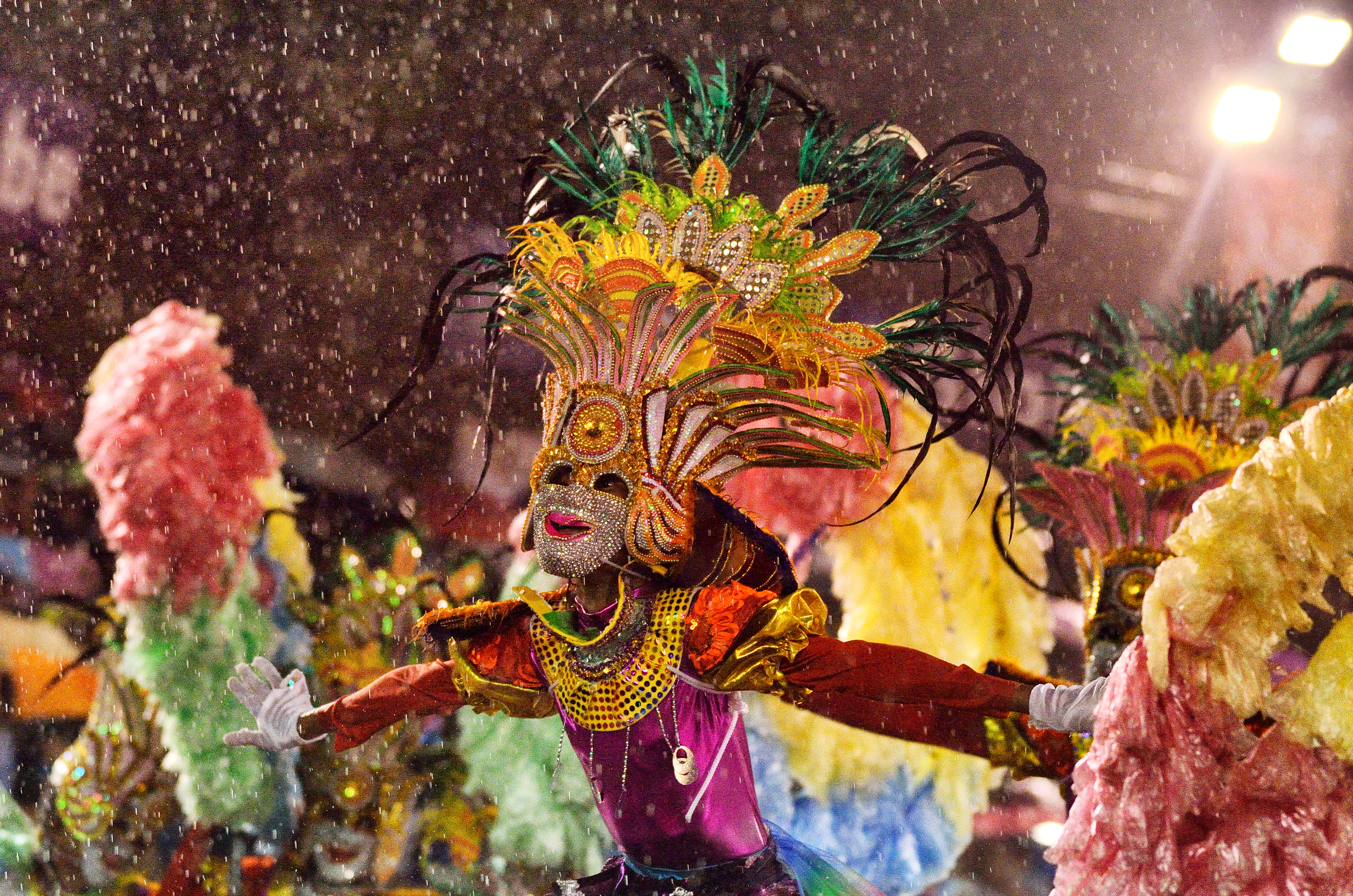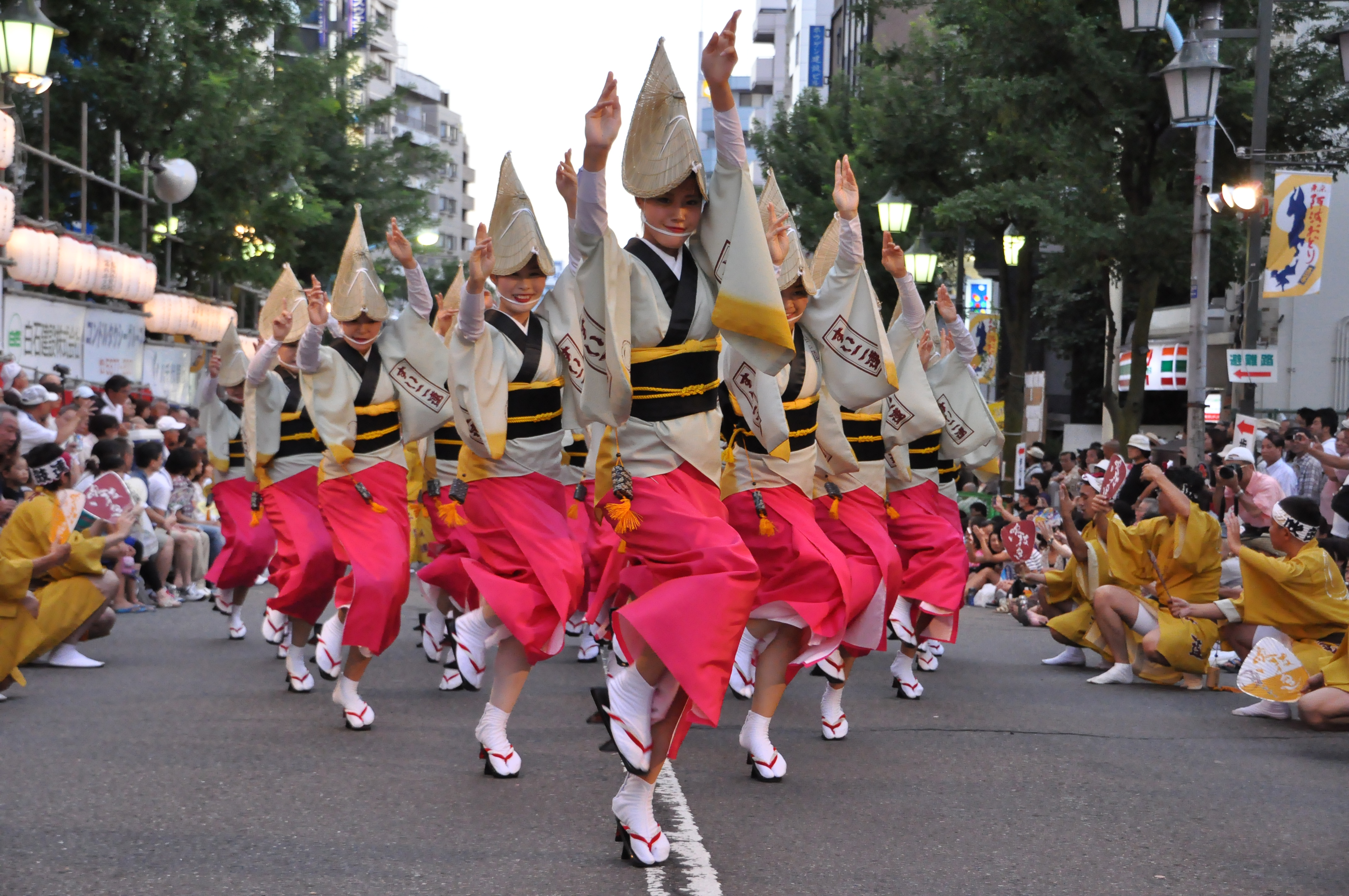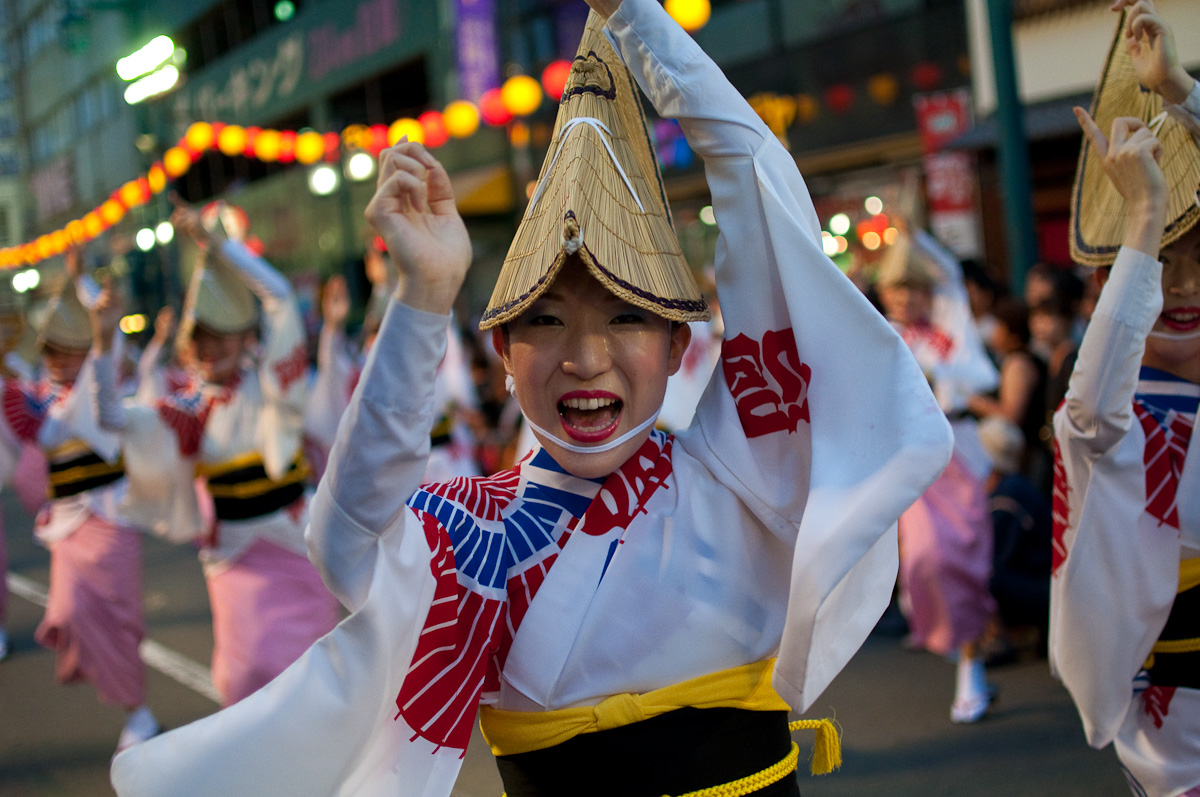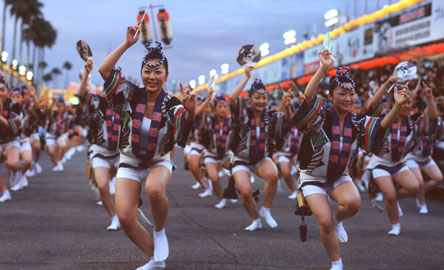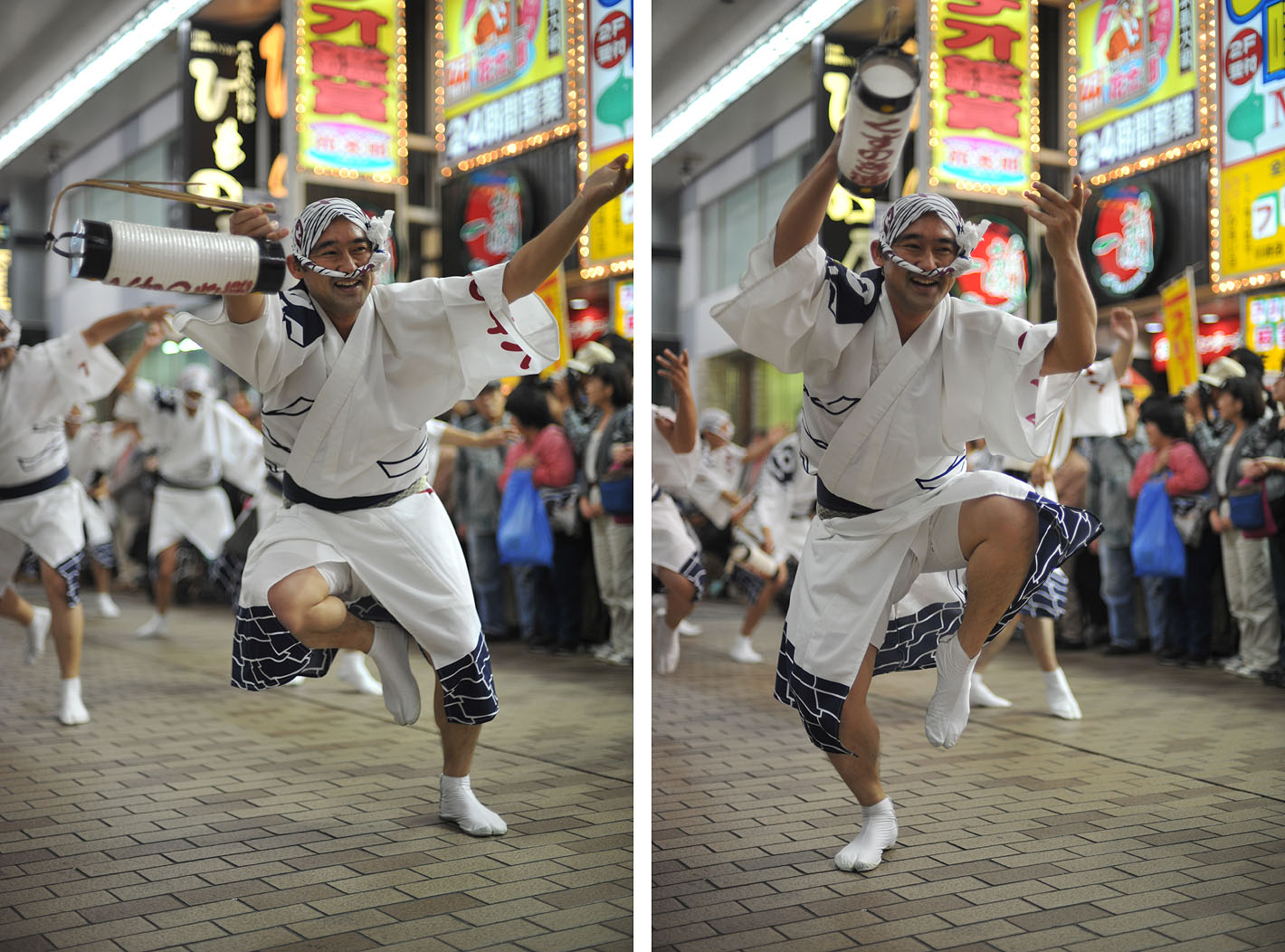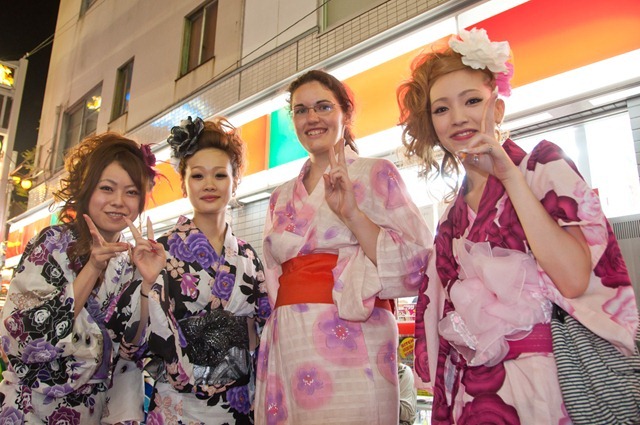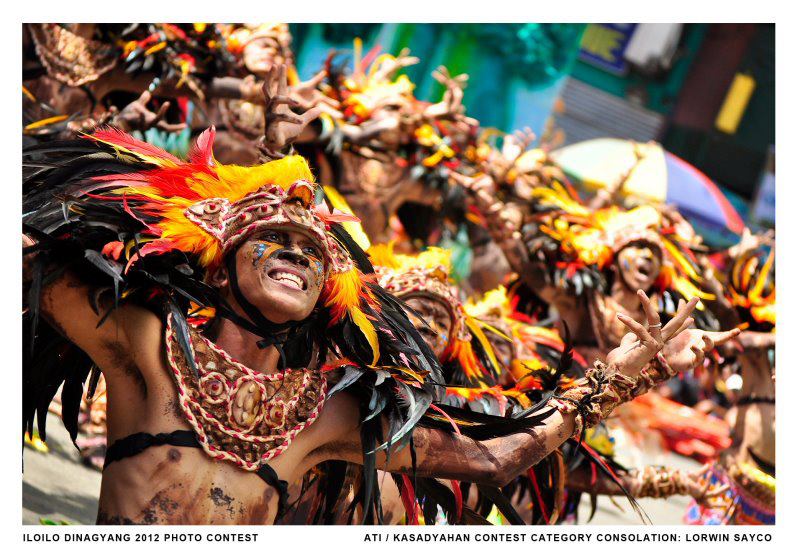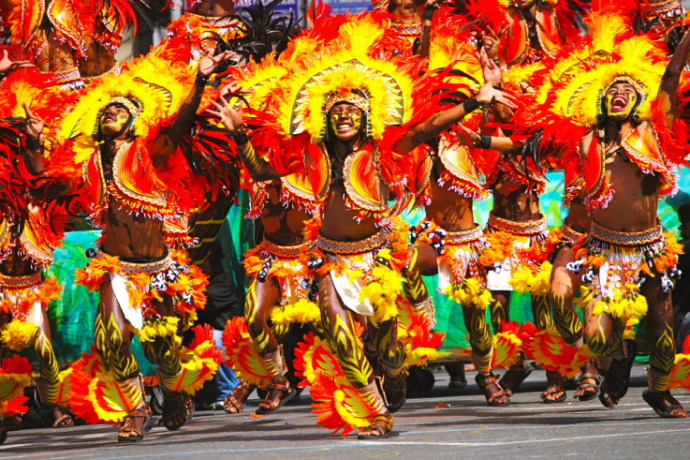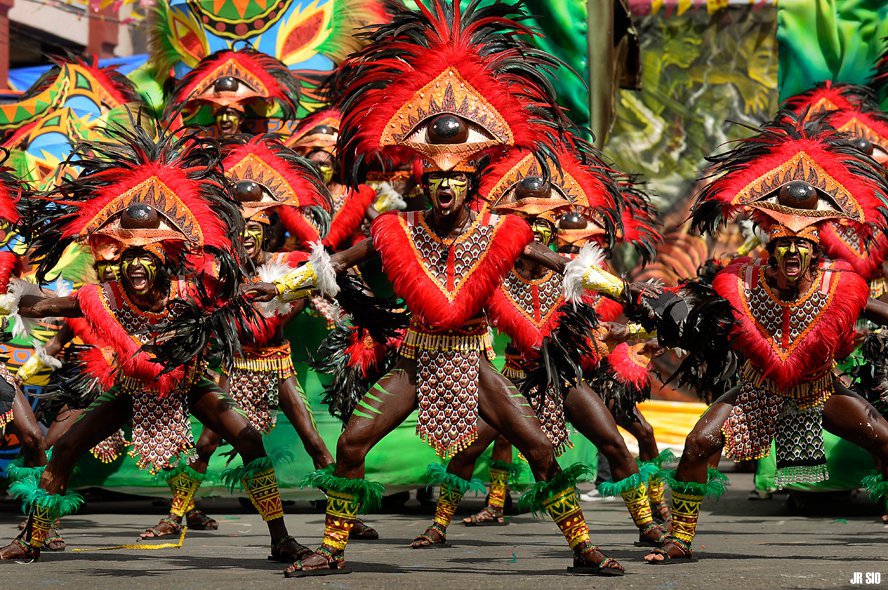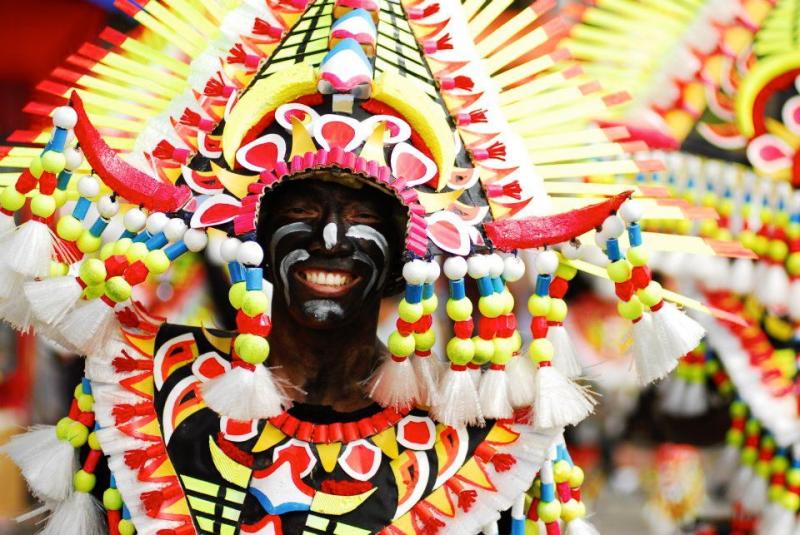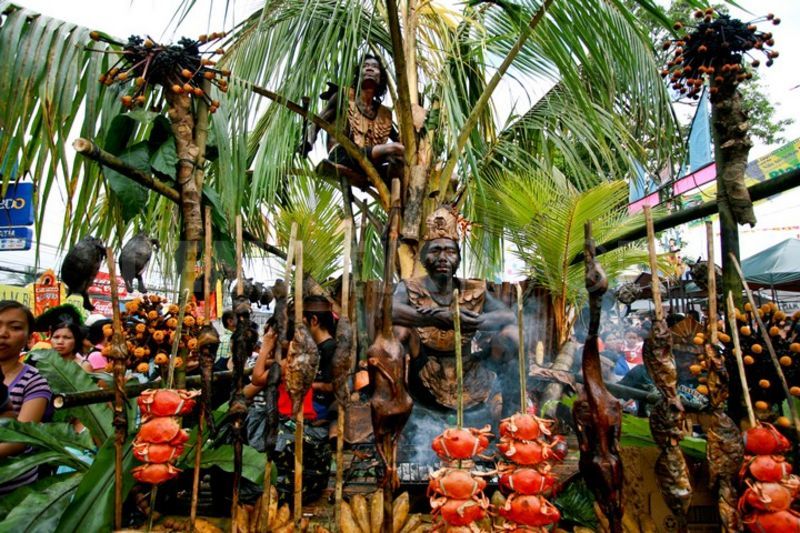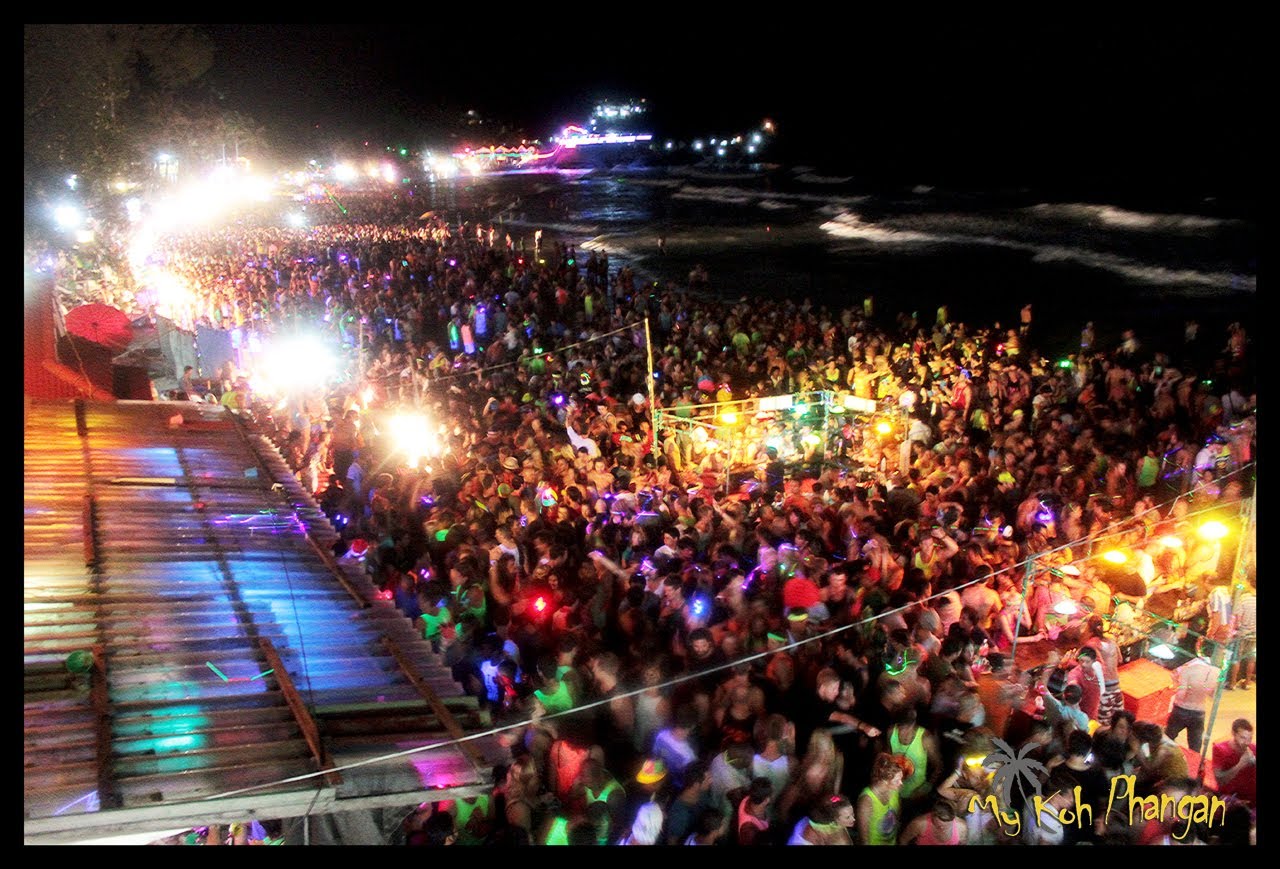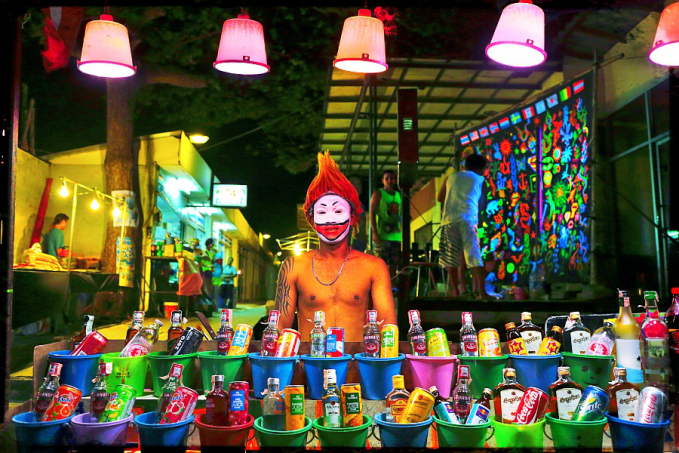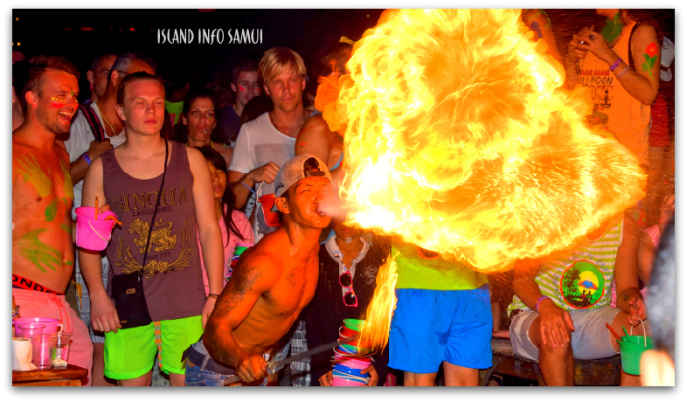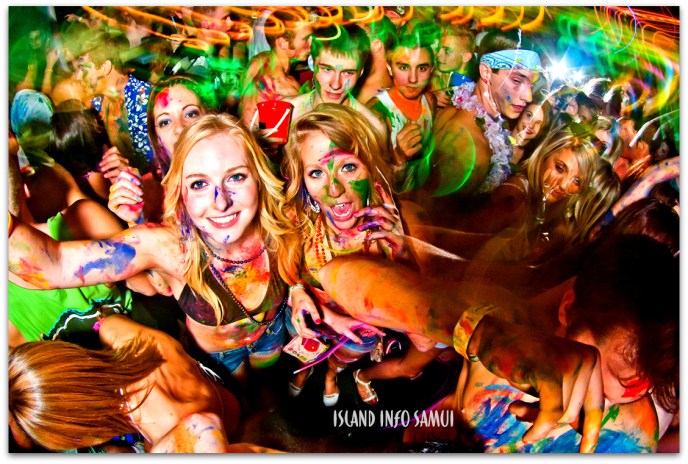7 Cool Festivals In Asia Every 20-Something Should Put In Their Bucket List
In the light of music festivals being shut down, here are other alternative festivals that even foreigners from other continents pay us a visit to have fun.
1. Rainforest World Music Festival, Malaysia. A three-day long festival of chill vibes that celebrates both renowned and indigenous musicians, native culture, and nature. It is the largest musical event in Malaysia that totals an approaching 30,000 audience in the heart of the Borneo jungle.
Highlights: The cultural and jamming workshops in the morning are an intimate and interactive experience of learning. Come the night, world renowned and indigenous musicians perform on one stage under the rainforest canopy.
When: 7-9 August 2015. For an updated schedule, check out their website.
2. Holi, India. Also known as the festival of colours or love, it is a battlefield of rainbows where brightly coloured powder, water balloons, and water guns are used as ammo. During the festivities everyone is fair game from the young to the old, there are no bystanders!
Highlights: Malaysians also celebrate Holi in most Hindu temples.
When: The dates change following the Hindu calendar, but it is always held annually in March.
3. Songkran, Thailand. Famous for being the largest water fight in the world lasting three days long, it was originally a purification ritual to wash away evil spirits before the Thai New Year. Now it's celebrated nationwide, though the best place is said to be in Chiang Mai.
Highlights: Songkran is also celebrated in Malaysia at most Thai Buddhists temples, albeit in a smaller scale.
When: Annually on 13-15 April.
4. MassKara, Philippines. Held in Bacolod, the festival of smiles started in the 1980s to help residents pull through a time of crisis. Now, it's famous for the energetic street dance competition of colourful masked dancers gyrating to Latin musical beats.
Highlights: Major activities are the MassKara Queen beauty pageant, carnivals, drum and bugle corps competitions, food and sports events, musical concerts and agriculture-trade fairs.
When: Every year on 1-20 October.
5. Awa Odori, Japan. Part of the Obon Festival, it is Japan's largest dance festival with a street party of colour and culture that takes place on Shikoku Island with 1.3 million visitors annually. The daytime dance is beautiful and calculated while the nighttime one is wild.
Highlights: In Malaysia, Bon Odori Festivals are celebrated every year in Esplanade (Padang Kota Lama) Penang, Matsushita Corp Stadium in Shah Alam, Selangor, and also Universiti Malaysia Sabah at Kota Kinabalu. In comparison, the festival is celebrated on a much smaller scale and it associates more with Japanese culture as a whole.When: Annually on 12 -15th March.
6. Ati-Atihan, Philippines. The vibrant street parade consists of tribal dance and music, with soot-black painted faces, feather headdresses and animal bone. It is nine-day of festivities held in honor of the Santo Niño (Infant Jesus), in the island and town of Kalibo, Aklan.
Highlights: Check out the masquerade ball which officially ends the festival. The creativity and color of the traditional costumes are said to be matched only by Brazil’s Carnival and Papua New Guinea’s Mt Hagen Cultural Festival.When: Every year in January, concluding on the third Sunday of the month.
7. Full Moon Party, Thailand. What started out in 1985 as an all-night beach party during the full moon now draws a crowd of 5,000 to 30,000, mainly consisting of tourists. The party carries on until the sun rises the next day in Ko Pha Ngan.
Highlight: There is a very wide spectrum of music ranging from trance, to drum and bass, to reggae. Its attractions include fire skipping ropes and alcohol "buckets".
When: Every month, before or after a full moon.
